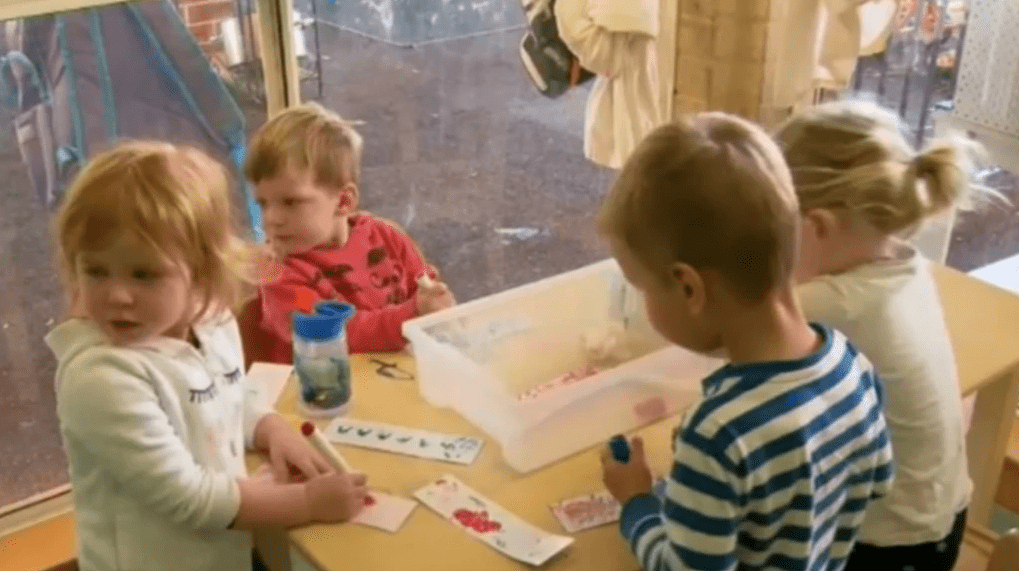Of the many bold policies the Labor Party is taking to this federal election, its plan to boost the income of Early Childhood Education and Care workers would seem to be the least likely to draw criticism. Who can quibble with the need to properly remunerate the people who care for our kids?
And unlike Labor’s controversial franking credits reform, there are no losers from giving early childhood workers a pay rise. So why is the policy under attack?
Because it’s unorthodox. The Coalition has described it as a “highly irregular” socialist experiment, while two respected female economists wrote in these pages that the policy is “highly unusual” and questioned its constitutional validity.
Yet the measure to use public funds to supplement the incomes of women – and 96 per cent of early childhood workers are women – who educate and care for our youngest children is only remarkable because it flies in the face of the neoclassical economic thinking that has dominated public policy for decades. Such thinking holds that government solutions to policy problems must not distort the natural operation of the free market.
The policy is highly interventionist, but it is an entirely justified response to a clear instance of market failure. The analyses that decry it as an “unprecedented socialist intervention” do not acknowledge the significant gender bias inherent in the dominant school of economic thought and the way in which the free market utterly fails to recognise the value of care.

